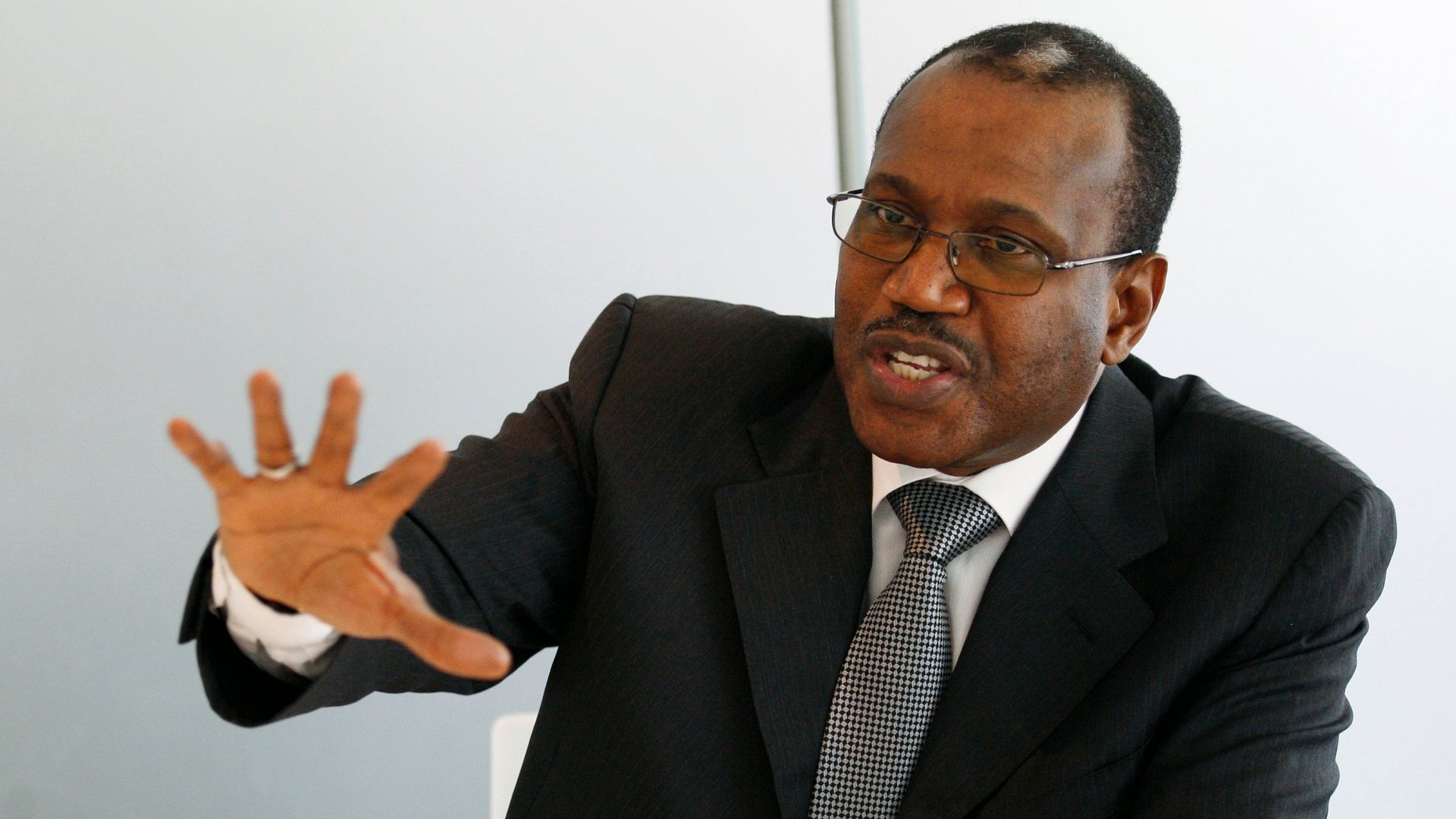Hysteria over the UN’s plan to “regulate the internet” is a distraction from the real issue: money
From Dec. 3 until the 14th, thousands of delegates from all 193 UN member countries are meeting in Dubai, behind closed doors, to decide the future of the internet. Every country has exactly one vote on the final form of the subject of debate, which is whether or not the International Telecommunications Union (ITU), a UN body, should be able to decide everything from who pays for internet traffic to how easy it should be for the world’s worst regimes to censor that traffic.

From Dec. 3 until the 14th, thousands of delegates from all 193 UN member countries are meeting in Dubai, behind closed doors, to decide the future of the internet. Every country has exactly one vote on the final form of the subject of debate, which is whether or not the International Telecommunications Union (ITU), a UN body, should be able to decide everything from who pays for internet traffic to how easy it should be for the world’s worst regimes to censor that traffic.
Secret meeting! Unaccountable global bureaucrats! It all sounds pretty scary. Vint Cerf, one of two men often identified as the “father of the Internet” (yes, the internet has two daddies), blogged at Google, where he now works as an “evangelist,” that this could lead to “proposals [that] could allow governments to justify the censorship of legitimate speech, or even cut off Internet access in their countries.”
But as Jody Westby, CEO of security consultancy Global Cyber Risk, notes at Forbes, it’s basically impossible for North Korea to push through its proposal that all web advertising be replaced with paeans to the Dear Leader (or whatever it is in fact proposing; each country’s proposal is secret). That’s because the ITU revises treaties through a consensus process, and countries with repressive internet regimes are, last time anyone checked, pretty unpopular.
Indeed, as Hamadoun I. Touré, the ITU’s Secretary General, noted yesterday, December 3, in his opening remarks at the meeting, both the ITU’s constitution and article 19 of the UN’s Universal Declaration of Human Rights expressly forbid any UN body from abridging the right to freedom of expression. It’s too bad there isn’t a video of his speech that captures how dryly he must have delivered this line:
So here in Dubai we are not going to be challenging Article 19, or indeed any other article in the Universal Declaration of Human Rights.
So what’s Google’s real objection to the ITU process? It comes down to the one (leaked) internet-reshaping proposal before the ITU that actually has a chance of passing, because it’s being proposed by members of the European Telecommunications Network Operators’ Association (ETNO), which represents 50 operators in 35 countries.
ETNO’s proposal basically says the internet should work like telecommunications networks in this respect: Whoever is sending data should pay for (or at least help pay for) its delivery. It’s a principle called “sender pays.”
This is the same debate that has been happening over and over again in the US over “net neutrality,” the notion that all carriers on the internet carry each others’ traffic for free—the opposite of “sender pays”. It’s the reason that, for example, cable companies in the US that provide homes with both internet and TV service can’t charge movie-streaming sites like Netflix extra to carry their voluminous traffic—which they would sorely like to do, as it would hobble a competitor.
ETNO would like to see “sender pays” implemented because, apparently, European telecom operators believe it would generate a bunch of new revenue that they could use to build more and better internet infrastructure. But another way to look at it is as a tax on Google and every other US internet giant. Under sender pays, these firms, which send vast amounts of data out into the internet, would end up owing carriers in other countries a great deal of money.
But that doesn’t mean that Google’s objections to the ITU process are simply due to greed. As the copious literature on net neutrality has convincingly argued, charging internet companies to send data would put the brakes on innovation on the web, and perhaps kill it entirely because small startups that gain traffic quickly would immediately face high bandwidth costs, perhaps before they had worked out a model for making money out of their success. (In fact, if Google merely wanted to preserve its riches, it might even be smarter for the company to argue for sender-pays and against net neutrality, since that would create barriers to entry for the startups that might become the next Google.)
So the search giant is right to protest the proposals now before the ITU. But the way that Google, and Cerf, have gone about it, harping on about the threat to freedom of expression, is a little disingenuous. At any rate, because it’s a closed-door meeting whose business will ultimately be decided by consensus, there’s nothing anyone aside from the thousands of delegates in Dubai can do about it now, anyway. On Friday, December 14, we’ll found out what they decided.